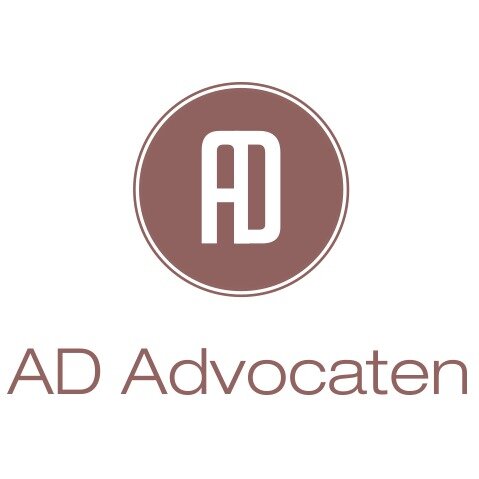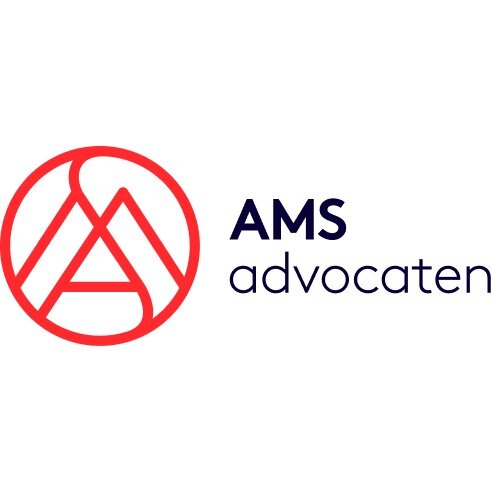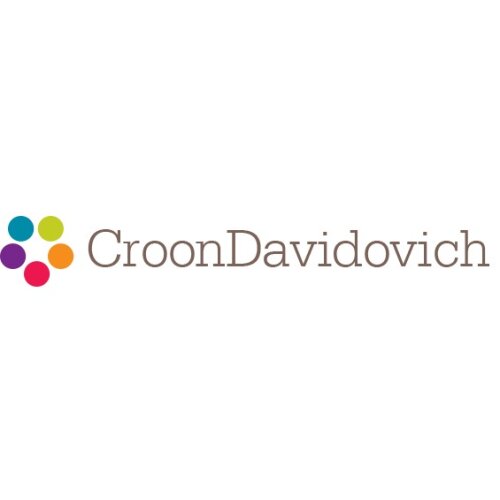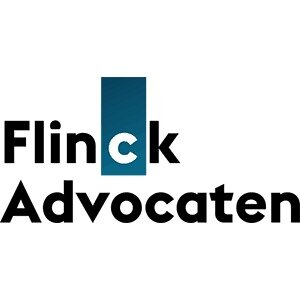Best Foreclosure Lawyers in Amsterdam
Share your needs with us, get contacted by law firms.
Free. Takes 2 min.
Free Guide to Hiring a Real Estate Lawyer
List of the best lawyers in Amsterdam, Netherlands
About Foreclosure Law in Amsterdam, Netherlands
Foreclosure law in Amsterdam, a part of the Netherlands, revolves around the legal process where a lender, usually a bank, attempts to recover the balance of a loan from a borrower who has stopped making payments. This is typically done by forcing the sale of the asset used as collateral for the loan. The foreclosure process in the Netherlands can be complex and is governed by a range of regulations, including those that protect the rights of both lenders and borrowers. Understanding how foreclosure works in Amsterdam is crucial for anyone facing this situation or for those who wish to secure their investments.
Why You May Need a Lawyer
If you are facing foreclosure, there are several reasons why you might need the assistance of a lawyer:
- Understanding Legal Documents: Foreclosure involves a significant amount of paperwork. A lawyer can help you understand these documents and make sure your rights are being respected.
- Negotiating with Lenders: Lawyers can negotiate with lenders to modify loan terms or explore alternatives such as restructuring debts to avoid foreclosure.
- Representation in Court: If your case goes to court, legal representation is crucial to present your case effectively.
- Protecting Your Rights: A lawyer ensures that the foreclosure process complies with Dutch law and that you are not taken advantage of during the process.
- Exploring Alternatives: Legal advice can guide you through potential alternatives like refinancing or declaring bankruptcy.
Local Laws Overview
Foreclosure in Amsterdam is subject to Dutch law, which includes several key aspects:
- Judicial Foreclosure: Most foreclosure processes in the Netherlands are judicial, meaning they must go through the court system.
- Mediation Requirement: Before proceeding with foreclosure, lenders are often required to explore mediation to find a mutually agreeable solution.
- Protection for Borrowers: Dutch law provides protections for borrowers, including the requirement for lenders to demonstrate attempts to help the borrower avoid foreclosure.
- Public Auction: If foreclosure proceeds, properties are usually sold via public auction, under the supervision of a court bailiff.
- Deficiency Judgments: Lenders can pursue deficiency judgments if the sale price does not cover the outstanding loan balance.
Frequently Asked Questions
What is the first step in the foreclosure process in Amsterdam?
The first step is typically a notice of default from the lender, indicating that payments have not been made as per the loan agreement.
How long does foreclosure take in Amsterdam?
The process can be lengthy, often taking several months to over a year, depending on court schedules and the complexity of the case.
Can I stop a foreclosure once it has started?
Yes, foreclosure can sometimes be halted through negotiations, court-ordered mediation, or by paying the overdue amount.
Is it possible to remain in my home during foreclosure?
Yes, you can remain in your home until the court orders you to leave, which typically happens after the property is sold at auction.
What happens if my property is sold at auction for less than I owe?
The lender may pursue a deficiency judgment against you for the remaining balance, although there are legal defenses to such actions.
Can I declare bankruptcy to prevent foreclosure?
Bankruptcy in the Netherlands can temporarily halt foreclosure proceedings, but it's a complex legal area that requires expert advice.
What rights do I have in the foreclosure process?
Your rights include being notified of proceedings, receiving fair treatment, and defending against deficiency judgments.
Should I try to sell my home to avoid foreclosure?
Selling your home may be a viable option to repay the lender and avoid foreclosure, but timing and market conditions are crucial factors.
Can I refinance my mortgage during foreclosure?
Refinancing is possible but challenging during foreclosure due to credit implications and lender hesitance.
What are my options if I cannot afford legal fees?
You may seek legal aid from organizations that offer affordable or pro bono services to those unable to pay.
Additional Resources
For those facing foreclosure, several resources can provide assistance:
- Rechtsbijstand (Legal Aid): Offers legal assistance to those unable to afford it.
- Schuldhulpverlening (Debt Counseling): Provides support and guidance for managing debts.
- Gemeente Amsterdam: Offers local support services for residents facing economic hardship.
- Consumentenbond: Provides consumer rights information including housing and financial issues.
Next Steps
If you need legal assistance for foreclosure, consider taking the following steps:
- Consult a Lawyer: Contact a lawyer who specializes in foreclosure and Dutch property law for a consultation.
- Seek Mediation: Engage in mediation options with your lender under the guidance of a legal professional.
- Contact Local Support: Reach out to local governmental and non-governmental bodies for aid and advice.
- Review Financial Options: Evaluate your financial situation to determine if refinancing or sale of the property could be viable solutions.
Lawzana helps you find the best lawyers and law firms in Amsterdam through a curated and pre-screened list of qualified legal professionals. Our platform offers rankings and detailed profiles of attorneys and law firms, allowing you to compare based on practice areas, including Foreclosure, experience, and client feedback.
Each profile includes a description of the firm's areas of practice, client reviews, team members and partners, year of establishment, spoken languages, office locations, contact information, social media presence, and any published articles or resources. Most firms on our platform speak English and are experienced in both local and international legal matters.
Get a quote from top-rated law firms in Amsterdam, Netherlands — quickly, securely, and without unnecessary hassle.
Disclaimer:
The information provided on this page is for general informational purposes only and does not constitute legal advice. While we strive to ensure the accuracy and relevance of the content, legal information may change over time, and interpretations of the law can vary. You should always consult with a qualified legal professional for advice specific to your situation.
We disclaim all liability for actions taken or not taken based on the content of this page. If you believe any information is incorrect or outdated, please contact us, and we will review and update it where appropriate.















